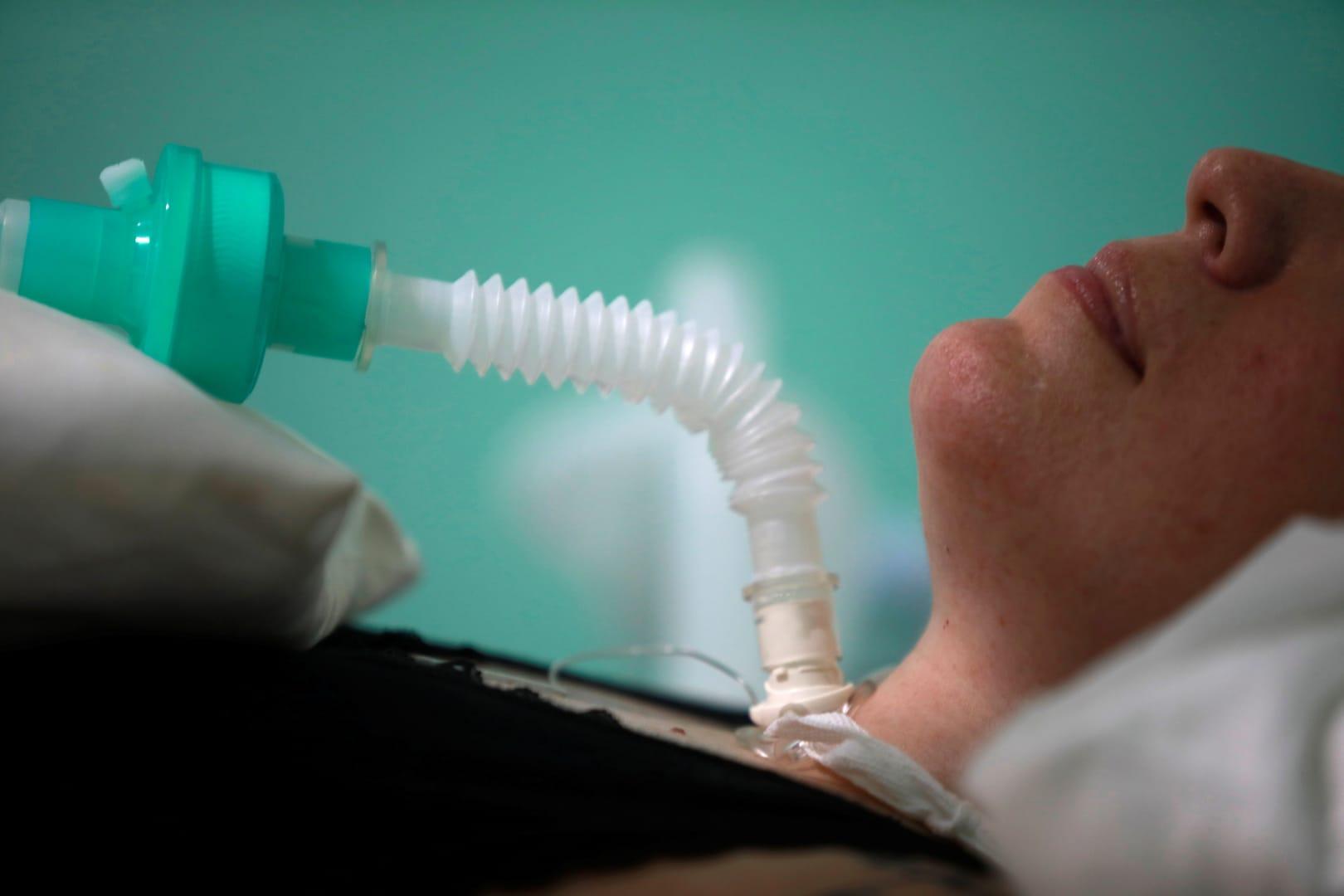NEW YORK – As Maryland lawmakers renew their push to legalize physician assisted suicide, the state’s Catholic bishops have announced they are “deeply disappointed” and urged lawmakers to choose a different path of compassion and dignity.
The legislation – The End-of-Life Option Act – was introduced in the Maryland House of Representatives on Jan. 18, and in the Maryland Senate on Jan. 22. A date hasn’t been announced for a hearing in the House, while the first Senate hearing on the legislation is scheduled for Feb. 8.
The proposed legislation states that “a licensed health care professional does not violate [criminal law] by administering or prescribing a procedure or administering, prescribing, or dispensing a medication to relieve pain, even if the medication or procedure may hasten death or increase the risk of death.”
In essence, under the law a licensed physician could legally prescribe a procedure or medication that could increase the risk of death, or withhold or withdraw a life-sustaining procedure, at the request of a patient who has a terminal illness with a prognosis of six or less months to live.
In their Jan. 30 letter, the state’s Catholic bishops argue assisted suicide isn’t needed in 2024.
“We are deeply disappointed to learn that, once again, the Maryland General Assembly will debate whether to legalize physician assisted suicide,” the bishops wrote. “Our central tenet guiding our opposition to this deadly proposal is that all human life is created in the image and likeness of God and therefore sacred.”
“In 2024, medical advancements and improvements in pain management mean we can make individuals with terminal illness comfortable and improve the quality of the remainder of their lives without them feeling the need to reluctantly choose a ‘dignified death’,” the bishops wrote.
“Therefore, it is incumbent upon each of us to ensure that those at the end of their lives can experience a death that doesn’t include offering a form of suicide prescribed by a doctor,” they added.
The letter, “A Better Way Forward,” was signed by Cardinal Wilton Gregory of Washington, Archbishop William Lori of Baltimore, and Bishop William Koenig of Wilmington. The prelates also urged the faithful to advocate against the legislation.
“We urge all people of good will to demand that our lawmakers reject suicide as an end-of-life option and to choose the better, safer path that involves radical solidarity with those facing the end of their earthly journey,” the bishops wrote.
“Let us choose a path that models true compassion and dignity to those facing end of life decisions and protects the most vulnerable from the deadly proposition of physician assisted suicide,” they said.
Maryland State Democratic Senator Jeff Waldstreicher, and State Democratic House Delegate Terri Hill, who sponsored the legislation in their respective chambers, did not return a Crux request for comment.
Instead of the current proposal, the bishops argue that state lawmakers should work to increase palliative and hospice care availability, enhance end-of-life education and training opportunities for physicians, and ensure there is appropriate diagnosis and treatment for depression and other mental and behavioral issues.
On the current proposal, the bishops argue that it is “woefully lacking” safeguards, including mental health assessments, reporting requirements, safe disposal of unused medicine, and prohibitions against expansion of the program.
They further note that in states and countries with assisted suicide legalized there has been “grave abuses and expansion has occurred, making assisted suicide available to far more people and not just those facing imminent death.”
Ten states and Washington, D.C., have legalized assisted suicide – Oregon, Washington, Montana, Vermont, California, Colorado, Hawaii, New Jersey, Maine and New Mexico. A number of countries have legalized the practice as well, including Canada, which has one of the most permissive laws in the world.
In Maryland, the bishops argued that the state lawmakers’ proposal puts “our most vulnerable brothers and sisters at risk of making decisions for themselves that are manipulated by factors such as disability, mental instability, poverty and isolation.”
They maintain the proposal is “deeply illogical” considering other challenges the state and nation face.
“At a time when our nation is grappling with how to address a frighteningly high suicide rate, it is deeply illogical for the State of Maryland to be seeking ways to facilitate suicide for those with a terminal illness, all the while claiming such preventable and unnecessary deaths are somehow dignified,” the bishops wrote.
“There is a better path forward for the people of Maryland and it does not involve suicide,” the bishops said.
Follow John Lavenburg on X: @johnlavenburg












